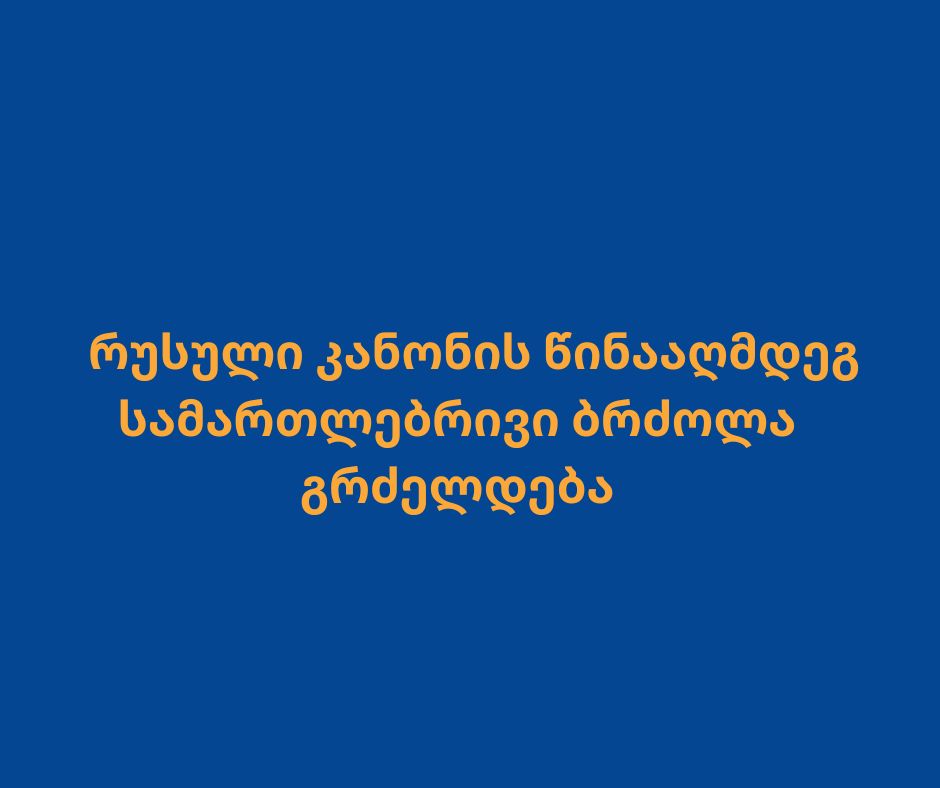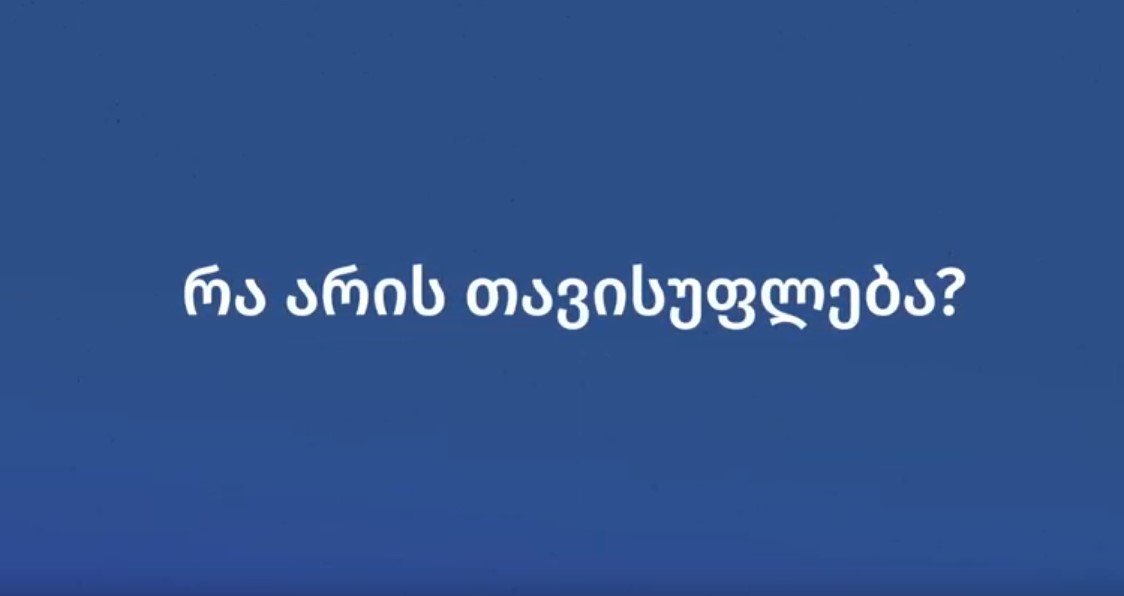The Legal Battle Against the Russian Law Continues
Popular





The legal battle against the Law on Transparency of Foreign Influence, often referred to as the 'Russian Law,' continues in the Constitutional Court.
After the law was adopted, discussions about filing a lawsuit with the Constitutional Court became more active among political circles and civil society. On May 30, Georgian civil society organizations announced that they were preparing a constitutional lawsuit to be submitted to the court. Finally, in July, three different lawsuits were filed with the court. The first was President Salome Zourabichvili’s lawsuit, submitted on July 15. This was followed by a general lawsuit from civil society organizations, announced on July 17, and a joint lawsuit signed by 38 opposition MPs.
In the lawsuit submitted by the President, which the court has accepted, it is argued that the law is unconstitutional and in violation of Article 78 of the Georgian Constitution. The lawsuit also challenges a number of norms of the law that infringe upon fundamental rights guaranteed by the Constitution.
Through this action, the President is seeking both a suspension of the law and its ultimate repeal. The President's lawsuit is precedential because:
- It marks the first instance in which the President has brought a case before the Constitutional Court.
- To date, the Constitutional Court has not yet adjudicated a case concerning the violation of Article 78 of the Constitution, which pertains to integration into European and Euro-Atlantic structures.
On the other hand, the lawsuits brought by civil society and media organizations highlight that the law infringes upon the right of individuals to associate with like-minded people to engage in beneficial activities and assist others. These lawsuits argue that by enacting the Russian law, the government is fostering a hostile and demeaning environment, thereby threatening the exercise of rights and freedoms related to association, expression, and other fundamental liberties. Civil society and media organizations, in conjunction with their lawsuit, are also calling for a temporary suspension of the implementation of the unconstitutional norms of the law until the court reaches a final decision.
The lawsuit filed by the opposition MPs became known on July 29. The deputies are requesting the Constitutional Court to analyze the Law "On Transparency of Foreign Influence" in relation to Articles 22 (freedom of association) and 78 (integration into European and Euro-Atlantic structures) of the Constitution and to annul it. They also request that the court implement a temporary mechanism to suspend the enforcement of the law until a final decision is reached.
Under the legislation, the review period for a constitutional claim or submission should not exceed 9 months, beginning from the date the claim or submission is registered with the Constitutional Court. Additionally, the Chairman of the Constitutional Court may extend this period by up to 2 months in special cases. It's important to note that the expiration of this period does not automatically result in a court decision on the claim or submission, as the law does not specify a deadline for the court to issue a final decision.









